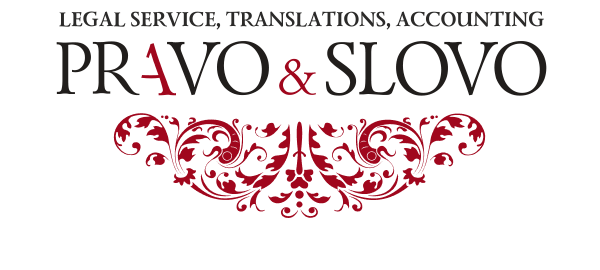Which HR documents is a company required to have?
A local normative act is an internal document of an organization that regulates and regiments a particular employer's employment activities.
There’s no established universal list that exists for local normative acts (LNA). However, there are acts that are required and if the organization fails to have the latter, it faces the possibility of fines (from 30,000 to 50,000 RUB for legal entities). There is a category of LNAs tied to the specifics of the company's operations.
The third category of local normative acts is recommended acts. Having such acts substantially facilitates HR management operations, government monitoring inspections, or labor disputes with employees if they arise.
Now we will dive into greater detail about each type of LNA.
Required local normative acts:
- The internal labor routine rules (ILRR): are rules required for all organizations regardless of the form of ownership, except for micro-enterprises and individuals (they can substitute certain LNA’s with a labor contract in the standard form approved by Resolution N858 of the Government of the Russian Federation on 8/27/2016).
The ILRR regulates the rules for hiring and dismissing employees; the main rules, obligations, and responsibilities of employees and employers; the work and rest regimen; as well as means of incentivization and discipline. The work payment system, rules and norms of employee and employer behavior, and the rules for interaction between them can also be included in them.
- The provision on personal information processing, protection, and elimination, which regulates procedures designed to prevent and identify personal information law violations as well as ways to evade consequences resulting from data leaks.
- The provision on labor payment (PLP): may be a standalone document as well as take the form of a section in the ILRR and is to describe the organization’s labor payment system. The PLP establishes rules for creating positional base salaries, compensatory payments, incentives, salary indexation, material encouragement, and assistance.
- The salary sheet form approval document (for instance, an employer order). This form can be approved as part of the ILRR or PLP.
- The organization rules (standards) and labor protection instructions: are several documents in which the rules are established for handling an enterprise's equipment as well as rules for completing labor protection requirements training programs. The “professional risks” are established as well as methods to be taken to reduce those risks. Furthermore, rules are set for investigating accidents, minor injuries, etc.
Local normative acts pertaining to the organization's specifics:
- The provision on commercial secret: must be developed if the organization requires the employees keep a commercial secret.
- The provision (regimen) on personal protection materials (PPM). This provision is necessary if in accordance with a special evaluation of the labor conditions, there are positions at the organization which require personal protection materials be provided. It indicates the list of positions for which a PPM is issued, rules for issuing and replacing them, and a PPM training (application) program.
Recommended local normative acts:
- Positional (work) instructions for positions. The law requires the work functions of an employee be written out in the labor agreement. However, we recommend also writing up positional instructions for each workplace (position) in addition to that. “What does an employer gain from this,” you ask?
As usual, when it comes to agreements, people like to bring them back up not when cooperation goes swimmingly, but rather when a dispute arises. That’s when people pull out the documents they signed, slap them down on a table, and look at them through a magnifying glass to investigate what each side signed to. If you have an individual labor dispute relating for instance to whether an employee was suitable for the position they held, the court will study the employee’s positional instructions.
Thus, HR document flow is an important part of any company's paperwork. Such documents must always be written up on a case-by-case basis for each specific organization, not downloaded from the Internet as some “template”.
Have you decided to organize full-fledged HR document flow rather than relying simply on a labor agreement and a position appointment order which at some point were edited by your accountant using existing on-hand templates? Get in touch with us today. Don't wait until you're being summoned to court. We’ll get your human relations in order, develop the documents you need, and reduce your risk of being fined by the inspection authorities to a minimum!


